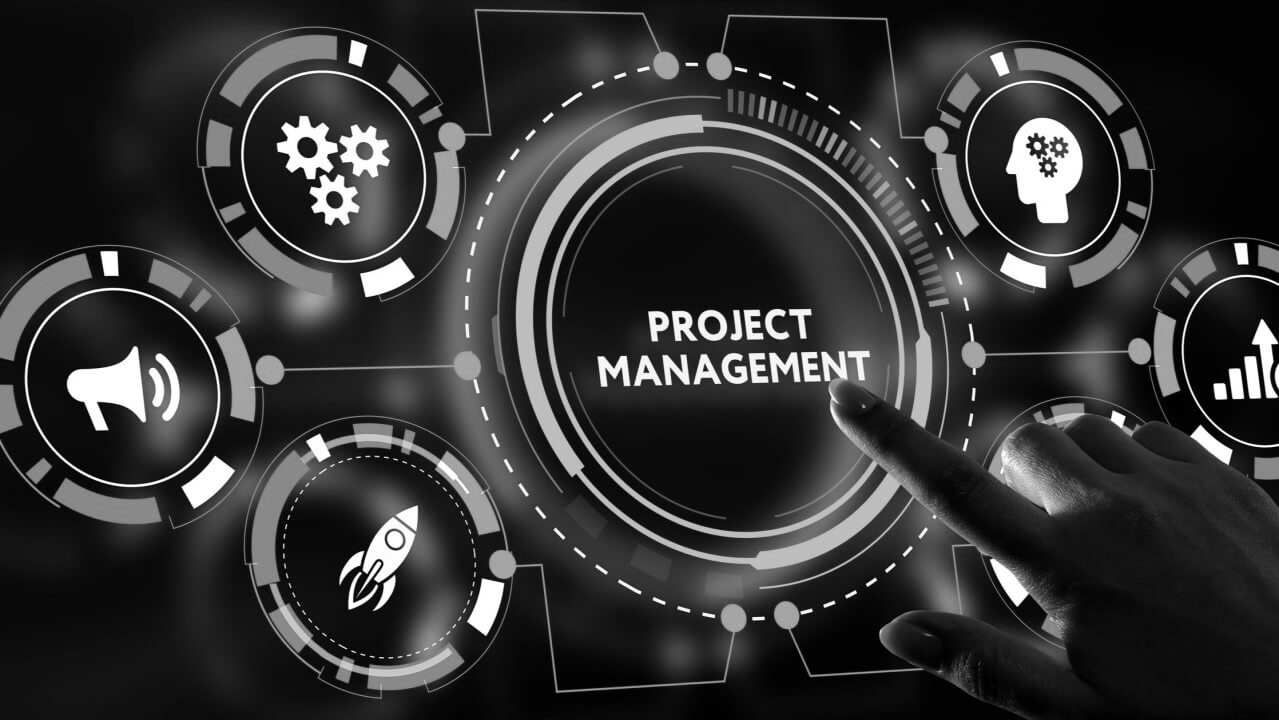
Sponsors Must Standardize Measurement of ESG Data to Compete for Future Deals
Private equity sponsors are increasingly recognizing that using environmental, social, and governance (ESG) criteria to evaluate potential investments is no longer optional. No matter the industry, the role ESG considerations play in investment strategy and analysis continues to grow, driven by pressures from investors and beneficiaries, the ongoing introduction of new and potentially punitive regulations, and the growing evidence linking ESG and positive financial performance.
The evidence is compelling. Morgan Stanley found that, in 2020, sustainable funds outperformed traditional funds by a median total return of 4.3 percentage points. A similar review by McKinsey found that high ESG scores can be directly linked to increased financial returns. It’s therefore not surprising that two-thirds of respondents to a recent Bain study of LP investors confirmed that ESG plays a role in organizational investment policies.
But not all sponsors are embracing ESG with comparable speed and enthusiasm. For some, ESG continues to be no more than a tick-box exercise. These laggards are falling behind industry peers taking a more aggressive posture. The natural question to ask is…why?
For some, the answer lies in the very nature of the ESG initiatives and priorities themselves, which can vary dramatically from one industry to the next. In some sectors, environmental concerns have taken prominence, while in others the focus is more squarely on social or governance issues. Inconsistencies make it difficult for sponsors to adopt a cohesive strategy across their portfolios. In some cases, positive ESG outcomes may actually be incompatible with financial goals, creating friction.
Then there is the nature of private data. ESG data varies from traditional financial metrics in that it is often less tangible, subjective, and even anecdotal. KPIs are more difficult to track. Correlating ESG data to value creation efforts and measurable impacts is a challenge. According to PWC, the pain of frequently collecting data has been a key deterrent to the wholehearted incorporation of ESG.
Whatever the cause, sponsors failing to embrace ESG need to understand it’s not just about reducing risk anymore. Yes, investors and consumers expect organizations to act responsibly and contribute positively to society and humanity. But sponsors dragging their feet or doing the bare minimum will also miss out on potential value gains and forfeit any competitive edge in the battle for future investments and deals.
For those behind the times, catching up to the herd starts with assigning similar weight to nonfinancial data as part of their standard and broader investment and valuation process. Sponsors should be aiming to collect both non-financial and financial data for their portfolio companies as often as possible, establishing a set of standing reporting metrics for the tracking of operational KPIs alongside financial ones.
Sponsors must create a framework for measuring ESG performance that includes key performance indicators, disclosure requirements, and reporting protocols that allow sponsors to accurately and efficiently track the environmental, social, and governance risks and opportunities related to their investments.
Of paramount importance in this effort is procuring the technology, people, and processes to ensure the right data architecture is in place to capture the softer KPIs around ESG and bake them into value creation plans, execution assessments, as well as measurement and impact reports. Accessing technology capabilities for data collection, analysis, and reporting will separate those excelling and those falling behind. These same technology platforms will also enable investors to capture and memorialize successful strategies, processes, and approaches that can be replicated across the existing portfolio and incorporated into future investment strategies.
Unquestionably, ESG will continue to emerge not only as a competitive advantage and but a necessity in PE. With the fast-paced change of both technology systems and data, the industry will be split into those that invest in the future and those that remain in the past. Sponsors able to demonstrate how they are actively managing risks while capitalizing on opportunities will enjoy a distinct competitive advantage in an ever more challenging market.
Amy Newlan is Senior Vice President of Client Development for Maestro, the Value Creation Platform for Private Equity sponsors and PE-backed companies. Edward Hill is a Senior Consultant at Lionpoint Group, a global consulting firm for digital and operational transformation in the private markets space.






